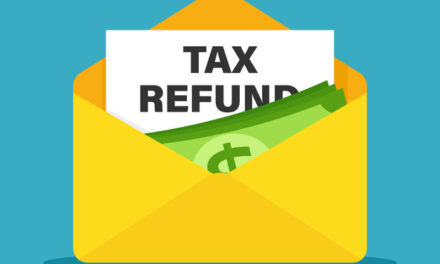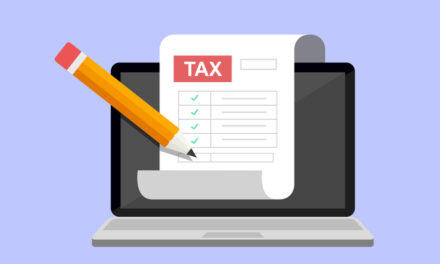Part of the 2017 Tax Cuts and Jobs Act is something called a Qualified Business Income tax deduction (QBI). A tax deduction sounds good, but who exactly is qualified for this particular deduction and how big of a deduction is it? Read on to learn how you may or may not benefit from this clause in the Tax Cuts and Jobs Act.
Who Qualifies for the Qualified Business Income Deduction?
The QBI was designed to benefit business owners of pass-through entities who are sole proprietors of their business. Sole proprietors do not have businesses big enough to receive the large tax benefits given to C corporations. With this deduction, qualified businesses can lower their amount of taxable income. If the business is a “specified service trade or business (SSTB), meaning someone who makes money through his own personal service, that amount can’t be too high. If the SSTB earns too much or earns based on a personal reputation, that business is likely not eligible for the QBI deduction. Ineligible fields include health, law, finance, performing arts, and accounting. Architects, engineers, real estate agents and brokers, and insurance agents and brokers are all examples of industries that do qualify.
What Kind of Income is Eligible for the Deduction?
You cannot take a QBI deduction from all kinds of income. Wages and capital gains do not count as deductible for this particular tax benefit. Nor does all rental income–you must actively manage the property in order for rental income to be eligible for the deduction. The income must come from earnings within a qualified field (architects, engineers, etc. as explained earlier) or, in some cases, from an SSTB.
How Much is Deducted?
There are three tiers of taxable income and those tiers can help determine how much of a deduction a business can receive on its QBI.
1. Lower Threshold. Businesses who fall into the lower threshold earn $160,700 or less as a single person or $321,400 or less if they are married and filing jointly with their spouse. If these businesses are in a qualified trade field or earn money as an SSTB, they can take the full 20% deduction of their QBI.
2. Phase-in Range. Businesses in the phase-in range are somewhat limited by their W2 wage-limit.
3. Upper Threshold. Businesses in the upper threshold earn $210,700 or more as a single person or $421,400 if married and filing jointly. These businesses are only eligible for the QBI deduction if they are part of a qualified trade, but not if they earn money as an SSTB.
If you feel your business may qualify for the QBI deduction but you are not sure, or you want to know how to help your business qualify, experts like the ones at DeSantis, Kiefer, Shall, & Sarcone can help. No matter what your financial needs, we can help you achieve your goals and make the best financial decisions for your business.


![The Qualified Business Income Deduction Explained [2020]](https://dkscpa.com/wp-content/uploads/2020/02/taxcut.jpg)



